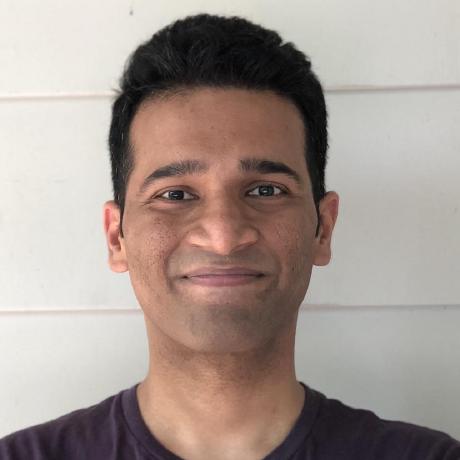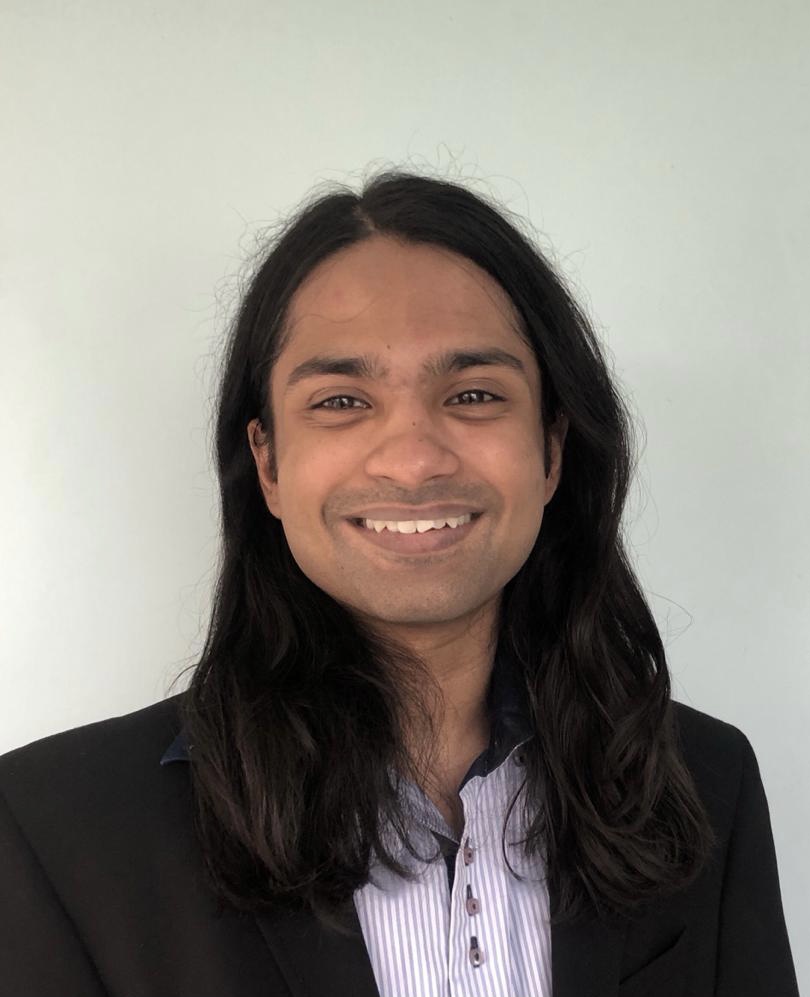
Thomas Ahearn, PhD
NCI-DCEG
Staff Scientist
Short bio
Dr. Ahearn received an M.P.H in epidemiology from the Rollins School of Public Health, Emory University, in 2006 and a Ph.D. in nutrition and health sciences, epidemiology track, from the Graduate Division Biological and Biomedical Sciences, Emory University, in 2012. His dissertation was titled “The investigation and development of dietary and life-style modifiable, pre-neoplastic biomarkers of risk for colorectal neoplasms.” Upon completion of his Ph.D., he became a postdoctoral fellow and most recently, a research associate in the Department of Epidemiology at the Harvard T.H. Chan School of Public Health. Dr. Ahearn joined DCEG as a staff scientist in 2016 and supports integrative molecular epidemiology research under the direction of Dr. Montserrat García-Closas.
Links
Thomas Ahearn's NCI profile
Jonas Almeida, PhD
NCI-DCEG
Director, Data Science
Short bio
Dr. Jonas Almeida leads a multidisciplinary program of data science and engineering research that combines systems biology, computational statistics, and software engineering for biomedical applications. The primary focus of his research is to accelerate the investigation of epidemiologic and genetic causes of cancer by developing innovative digital methods that advance the computational research infrastructure for precision prevention.
Links
https://github.com/jonasalmeida
Jonas Almeida's NCI profile
Jeya Balaji Balasubramanian, PhD
NCI-DCEG
Postdoctoral Fellow
Short bio
Jeya Balaji Balasubramanian, Ph.D., M.S., joined the Data Science & Engineering Research Group (DSERG) in the Trans-Divisional Research Program as a postdoctoral fellow in February 2020. Dr. Balasubramanian earned an M.S. in computational biology from Carnegie Mellon University (2010) and a Ph.D. in artificial intelligence from the University of Pittsburgh, School of Computing and Information (2019). Working with Dr. Vanathi Gopalakrishnan, his doctoral research focused on the development of machine learning methods that can infer robust probabilistic rule models from data, which were capable of incorporating prior knowledge specified by a domain expert.
Links
Jeya Balaji Balasubramanian's NCI profile
Montserrat García-Closas, PhD
NCI-DCEG
Director of the Trans-Divisional Research Program (TDRP)
Short bio
Dr. Montserrat García-Closas received her M.D. from the University of Barcelona, Spain, a Master of Public Health in quantitative methods, and a Doctorate of Public Health in epidemiology from the Harvard School of Public Health. She joined DCEG in 1996 as a postdoctoral fellow, became a tenure-track investigator in 1999, and a tenured senior investigator in 2007. From 2008-2010, she was a visiting scientist at the Department of Oncology and Strangeways Laboratory, Cambridge University, U.K. In 2010, she became a Professor of Epidemiology at the Division of Genetic and Epidemiology of the Institute of Cancer Research (ICR), University of London, U.K. In 2015, she returned to DCEG as Deputy Director and senior investigator. She was appointed Interim Branch Chief for the Integrative Tumor Epidemiology Branch (ITEB) from 2016-2020, and in 2020 she was appointed Director of the Trans-Divisional Research Program (TDRP).
Links
https://github.com/mgarciaclosas
Montserrat García-Closas's NCI profile
Nicole Gerlanc, PhD
NCI-DCEG
Lead Data Analyst
Short bio
Dr. Nicole Gerlanc, is the lead data analyst for the DCEG Connect Cohort study. In this position, Dr. Gerlanc works closely with study operations, data science, and epidemiology and biostatistics principal investigators in DCEG to develop workflows, data structure, data standards, completion metrics, and dashboard and progress reports for cohort data capture, validation, reporting and sharing. She has 20 years of experience in data management and analyses in the areas of environment and life history interactions, item response analysis, psychometrics and epidemiology. Prior to joining DCEG, Dr. Gerlanc was a statistician at the Eunice Kennedy Shriver National Institute of Child Health and Human Development (NICHD) working on several projects in maternal and child health including Fetal Growth, Fetal Growth 3D, Effects of Aspirin in Gestation and Reproduction (EAGeR), and Study of Pregnancy and Neonatal Health (SPAN).
Links
https://github.com/froggirl1123
Nicole Gerlanc's NCI profile
Amber Hurson, PhD
NCI-DCEG
Postdoctoral Fellow
Short bio
Amber Hurson, Ph.D., joined the Trans-Divisional Research Program (TDRP) as a postdoctoral fellow in 2021. Dr. Hurson earned her M.P.H. in epidemiology from The George Washington University, Washington, D.C., in 2014 and her Ph.D. in epidemiology from the University of North Carolina (UNC) Chapel Hill in 2021. Her doctoral research focused on the joint effects of estrogen receptor status and TP53 pathway defects in breast cancer etiology and survival and was conducted as a predoctoral fellow in the Integrative Tumor Epidemiology Branch.
Links
Amber Hurson's NCI profile
Daniel Russ, PhD
NCI-DCEG
Staff Scientist
Short bio
Daniel Russ received a Ph.D. in nuclear chemistry from the University of Maryland in 1998. He completed a postdoctoral fellowship at Carnegie Mellon University, and joined the NIH Center for Informational Technology, Office of Intramural Research, as a staff scientist in 2000. In 2019, Dr. Russ joined DCEG as a staff scientist in the Data Science & Engineering Research Group, where he supports the DCEG Connect study as IT project manager and investigates large-scale data analysis using cloud-based resources.
Links
Daniel Russ's NCI profile
Srijon Mukhopadhyay, M.S
NCI-DCEG
Research Analyst
Short bio
Srijon Mukhopadhyay joined the Trans Divisional Program in 2021 as a research assistant. He received his M.S in Data Science from George Washington University in 2021. He currently supports various cancer risk prediction projects in the division.

Wendy Wong, PhD
NCI-DCEG
Senior Biomedical Research Scientist
Short bio
Dr. Wendy Wong received her M.S. and Ph.D. in biometry (biological statistics) from Cornell University, where she developed statistical models of the processes of molecular evolution using sequence data. She has a B.S. in genetics, bacteriology, mathematics, computer sciences and statistics from the University of Wisconsin - Madison.